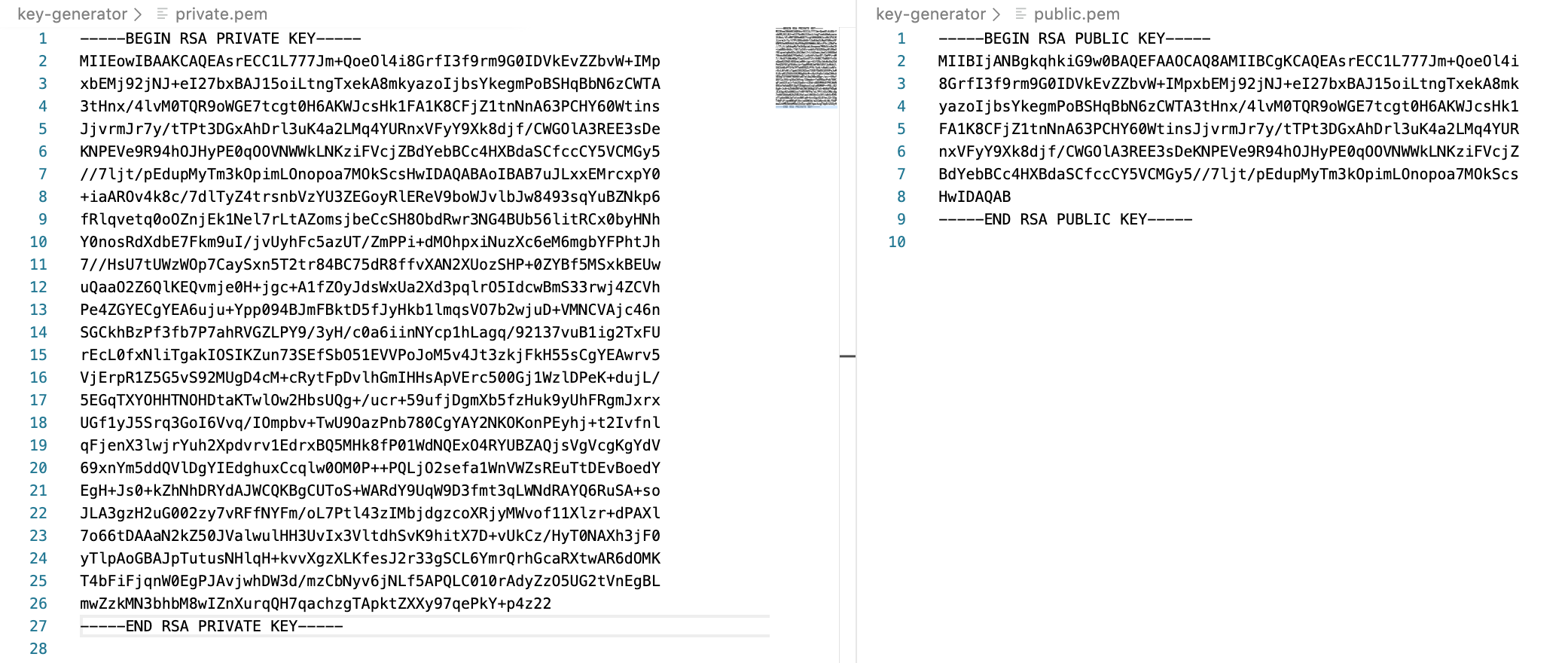In this article we will see how we can create and sign a JWT token with the RS256 algorithm. This function is complementary to the validate function I posted some time ago.
Here is the Sign(...) function that can create a RS256 signed JWT token. It makes use of the BouncyCastle library. It is available as a NuGet package with version 1.8.1.

Create and Sign a JSON Web Token (JWT) with C# and.Net.Net comes with handy tools to deal with JWT Tokens. Just add the following Microsoft packages as dependencies of your.Net project: Microsoft.IdentityModel.Tokens; System.IdentityModel.Tokens.Jwt. You can create a custom token with the Firebase Admin SDK, or you can use a third-party JWT library if your server is written in a language which Firebase does not natively support. Before you begin. Custom tokens are signed JWTs where the private key used for signing belongs to a Google service account. JWT stands for JSON Web Token. JSON Web Token (JWT) is an open standard (RFC 7519) that defines a compact and self-contained way for securely transmitting information between parties as a JSON object. This information can be verified and trusted because it is digitally signed. Within the App Credentials page of your JWT app, you will see an option to View JWT Token. Here you can quickly generate a temporary token using the current API Key and Secret for the given expiration time. This single temporary token can then be used to test Zoom APIs, but should never be used in production applications.

Here are some helper functions used in the above snippet.
The helper functions are the same ones found in the validate function.
This function is based on the code snippet found in this SO question.
Update 1: You can check this post here, where I have created a C# library that manages Jwt tokens.
Generate Jwt Token With Private Key
Update 2: If you are having trouble making your keys work, have a look in my Check your RSA private and public keys post and make sure to check the Additional Resources section as well